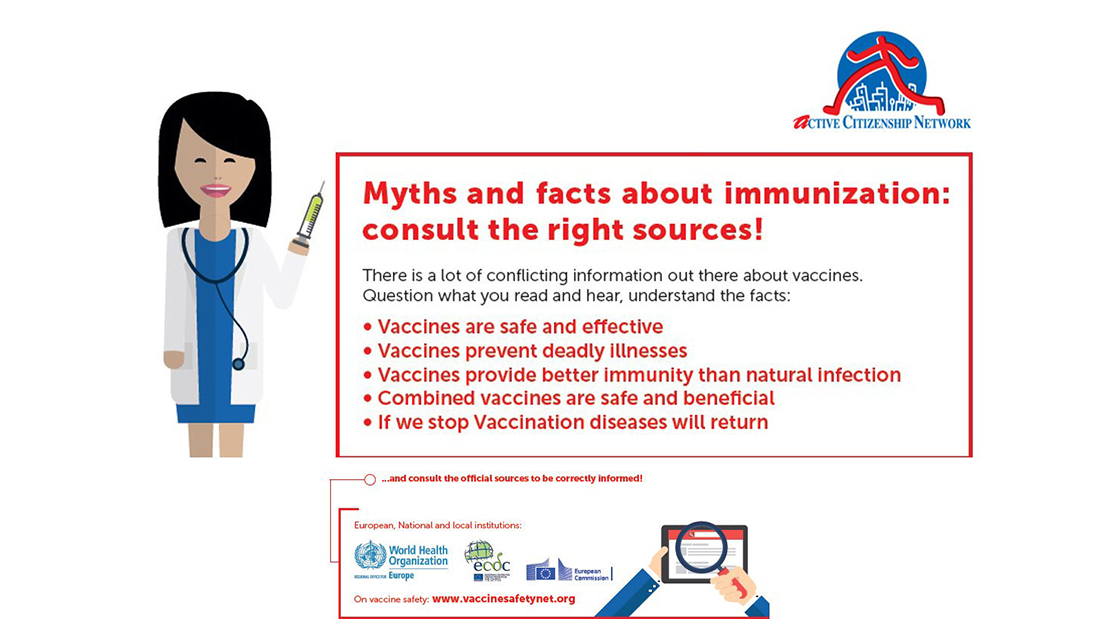Vaccination programs are facing considerable challenges, such as a decline in vaccination coverage in some countries, measles outbreaks and shortages in supply. In addition, misconceptions about vaccination can further shift the public focus from the individual and collective benefits of vaccination to distrust and vaccination hesitancy. A study presented at this year's EU-JAV Annual Meeting shed light on public behavior about vaccination on social media.
However, there are not only challenges; there are also many best practices and opportunities, such as a new agreement in the Italian Region of Tuscany, which allows the General Practitioner to administer vaccinations, but also new actors such as VAC4EU.
In these autumn weeks, hundreds of thousands of Europeans will visit their general practitioner to get “the flu shot” in order to protect themselves from one of the most common epidemics; influenza. It is no coincidence that during these months, when public awareness around vaccination is especially high, we take advantage of the momentum by joining our forces in different events around vaccination. In the autumn of 2019, many events, meetings and awareness programs have been launched and this newsletter introduce them.
In all of these initiatives, ACN has participated with the objective of promoting better citizen engagement in the context of the life-course immunization approach.
The high attention that is given to the topic of vaccination is not yet reserved to the topic of antimicrobial resistance, even if the AMR has a negative impact on the economy and can therefore be considered a threat to economic growth, sustainable health care and to a productive and healthy population.
In this context, there is a huge discrepancy between the gravity of the situation and the low level of awareness of European citizens.
Although the EU has quickly recognized the importance of countering antimicrobial resistance, the incidence of infections resistant to multi-drug therapies and treatments of last resort have increased significantly in the EU in recent years.
Proper prevention practices, together with the adoption of innovative solutions, could significantly curb healthcare associated infections (HAIs) and antimicrobial resistance HAIs, and consequently economically benefit the national health systems.
In order to effectively fight against HAIs and AMR, it is necessary to adopt innovative solutions together with a decisive action aiming at raising awareness of this issue among the public. Therefore, it is important to engage citizens’ organizations and groups advocating for patients’ rights.
Mariano Votta, Director, Active Citizenship Network




